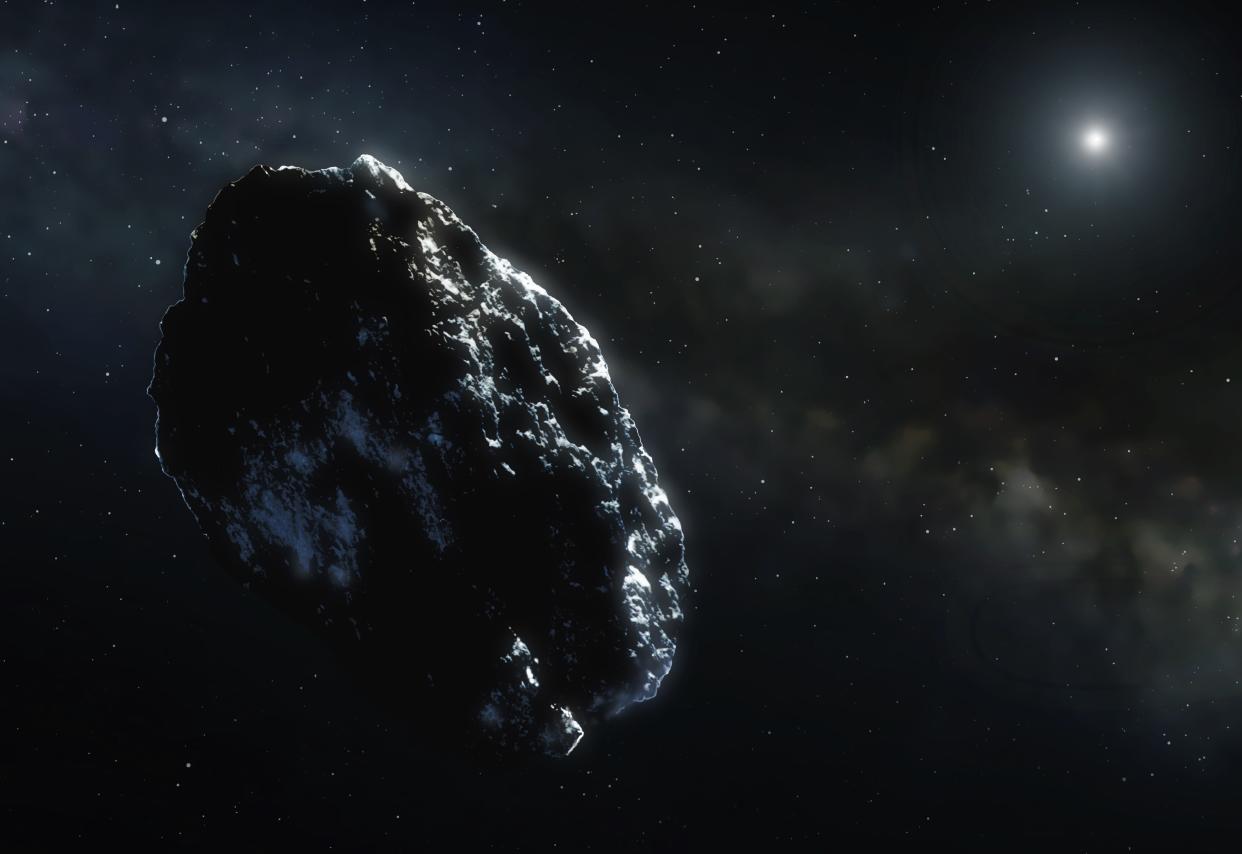Elon Musk warns we have ‘no defence’ against killer asteroids

It’s a favourite plot device in Hollywood movies - a killer asteroid hurtles towards our planet, and humanity scrambles to defend itself.
Except there’s one problem, Elon Musk has pointed out - we don’t actually have any defence system.
Replying to a Tweet about the asteroid Apophis (which is due to narrowly pass Earth in 2029), the Tesla boss said there is, currently, no defence infrastructure to protect Earth.
Musk said: ‘Wouldn’t worry about this particular one, but a big rock will hit Earth eventually & we currently have no defence.’
Great name! Wouldn’t worry about this particular one, but a big rock will hit Earth eventually & we currently have no defense. https://t.co/XhY8uoNNax
— Elon Musk (@elonmusk) August 18, 2019
But don’t fret too much: NASA is looking into what to do.
The space agency has already taken steps towards a real solution if an asteroid is hurtling towards Earth, a mission to knock potential doomsday asteroids onto less-threatening flight paths.
The Double Asteroid Redirection Test (DART) has just entered the final design and assembly phase and will launch into space in either 2020 and 2021.

The idea is that a fridge-sized DART spacecraft will hit the asteroid faster than a bullet - and change its orbit.
NASA’s Andrew Rivkin said last year: ‘With DART, we want to understand the nature of asteroids by seeing how a representative body reacts when impacted, with an eye toward applying that knowledge if we are faced with the need to deflect an incoming object.’
READ MORE FROM YAHOO
Boo, the famously cute dog, has died 'of a broken heart'
Cute or creepy: why humans love some species, loathe others
Meet Kiera, the world’s first Li-Liger
In space, DART will head towards a ‘binary asteroid’ known as Didymos, aiming to intercept it in October 2022.
The spacecraft will ram the moonlet Didymos B, which orbits around larger asteroid Didymos A.
It will hit the smaller rock at 3.7 miles per second, and NASA scientists will monitor to see what effect it has on the 530ft rock’s flight path.

 Yahoo News
Yahoo News 

